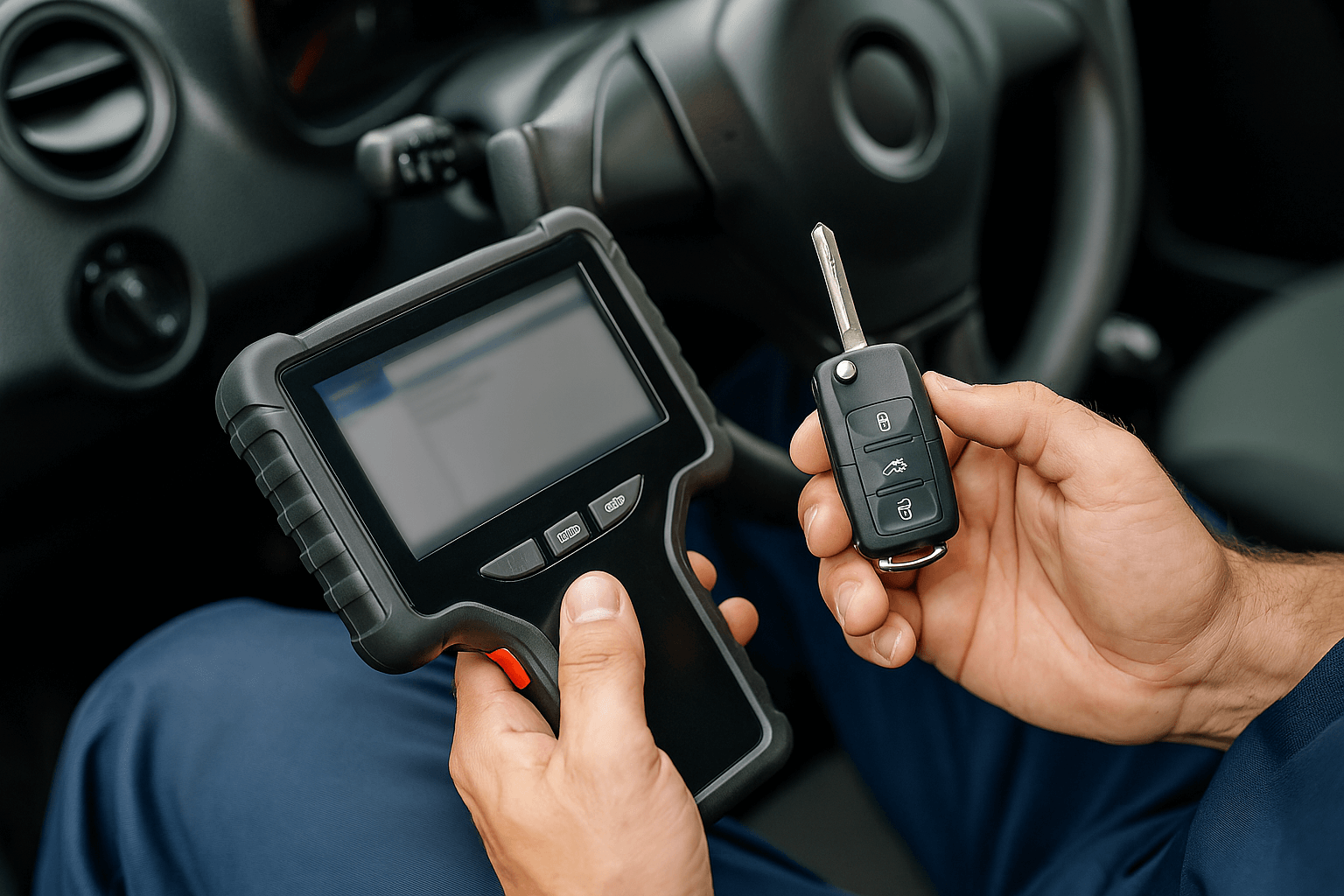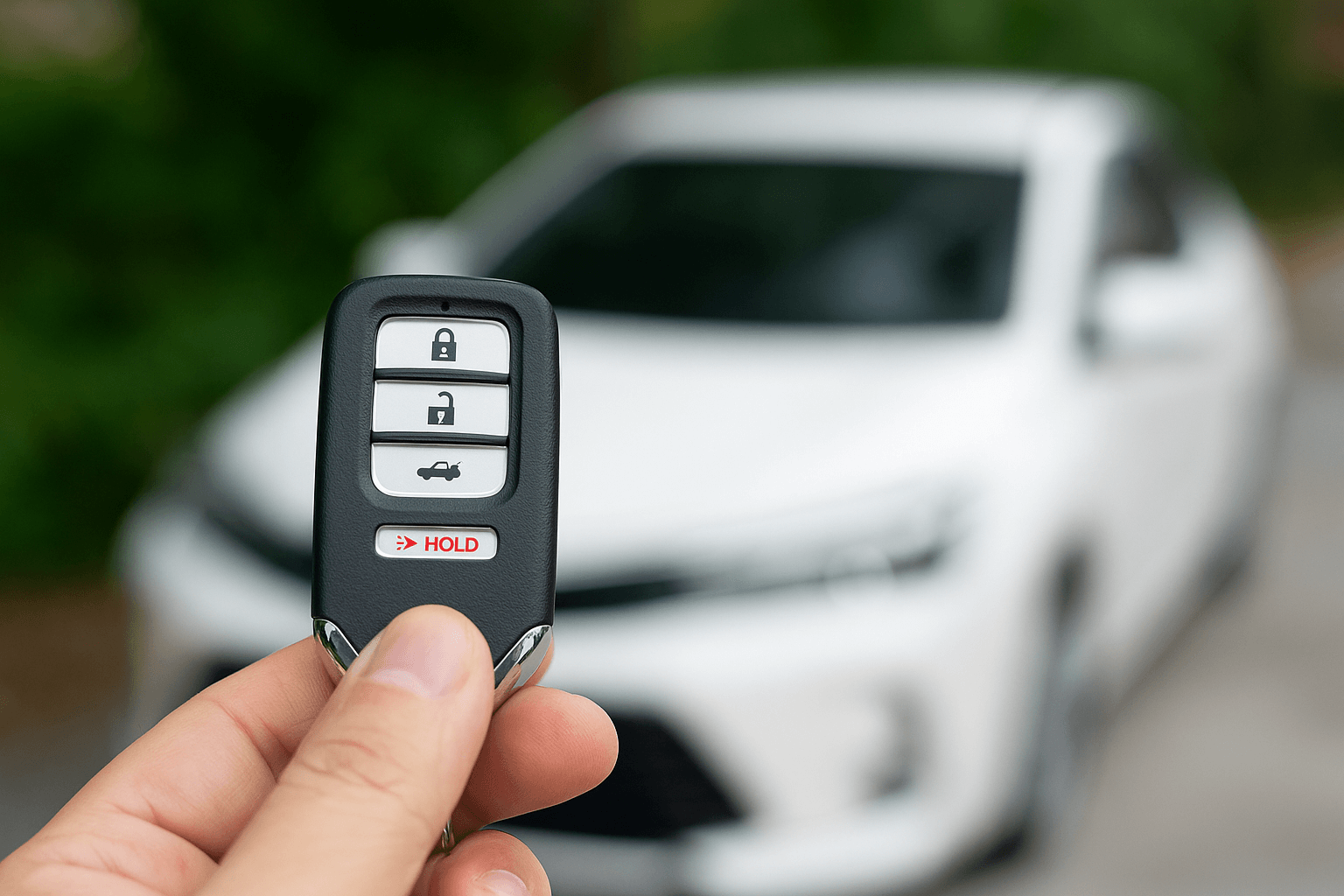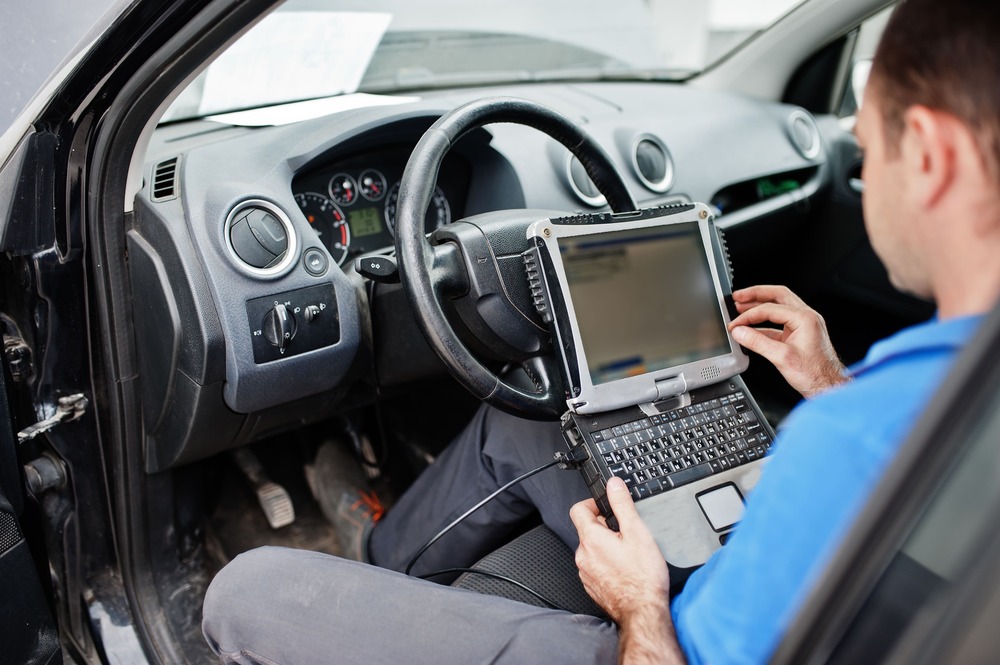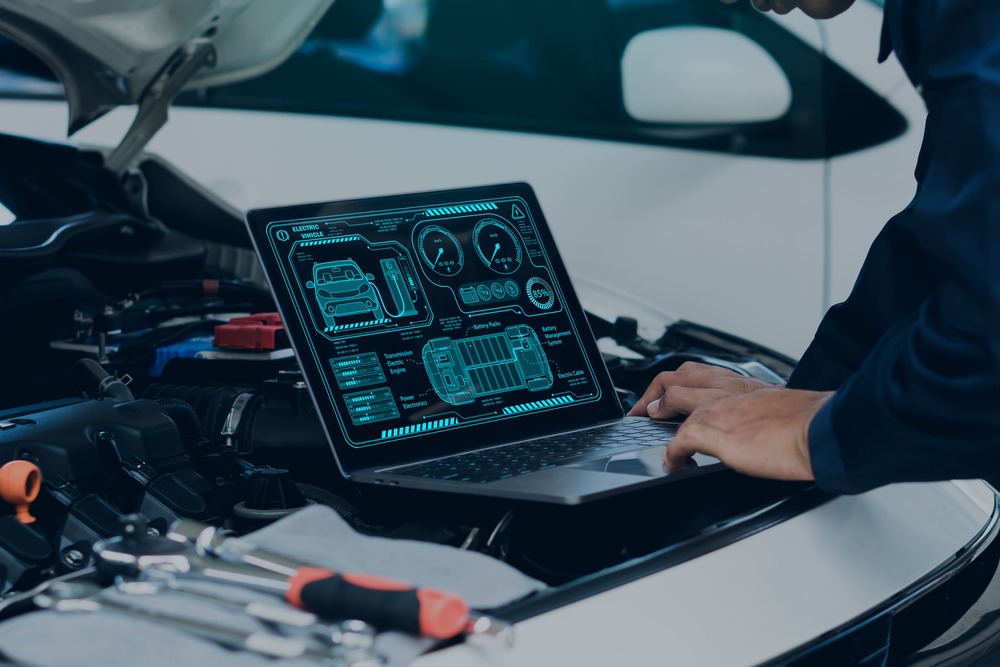Loose or Faulty Gas Cap: Impacts and Solutions
A gas cap, though a small and often overlooked component of a car’s fuel system, serves a crucial role. It seals the fuel system, maintains pressure, and prevents fumes from being released into the environment. A loose or faulty gas cap can lead to fuel evaporation and trigger issues in the vehicle’s performance.
Common Indications of a Loose or Faulty Gas Cap:
- Check Engine Light: A loose or missing gas cap can cause the check engine light to turn on as modern vehicles are equipped with evaporative emission control systems that monitor the integrity of the fuel system.
- Fuel Odor: A damaged or improperly sealed gas cap can allow fuel vapors to escape, which may result in a noticeable gasoline smell around the vehicle.
- Frequent Refueling: If the gas cap is not sealing properly, it can lead to an increased evaporation rate of the fuel, which may lead to more frequent trips to the gas station.
Call (305)860-1440 For 24/7 Service
Consequences of Ignoring a Loose or Faulty Gas Cap:
- Environmental Pollution: A compromised gas cap can release harmful hydrocarbons into the atmosphere, contributing to pollution and smog.
- Reduced Fuel Efficiency: Fuel evaporation means more than just lost fuel—it represents a loss in mileage, making the vehicle less efficient.
- Potential Fines: In some regions, driving with a faulty gas cap can lead to fines if it results in failing an emissions test.
Diagnosing Gas Cap Issues:
- Visual Inspection: Check the gas cap for any cracks, damage, or wear. Ensure it clicks or seals properly when tightened.
- Error Code Check: If the check engine light is on, an OBD-II scanner can confirm whether the code corresponds to a fuel vapor leak or related issue.
- Smoke Test: Professionals may perform a smoke test to detect any leaks in the fuel system, including around the gas cap area.
Solutions for a Loose or Faulty Gas Cap:
- Retightening: If the gas cap is simply loose, tightening it until it clicks may resolve the issue.
- Replacement: If the gas cap is damaged or faulty, replacing it is typically simple and inexpensive. Gas caps are specific to vehicle make and model, so it’s important to get the correct replacement.
- Professional Service: If the problem persists after tightening or replacing the gas cap, it’s best to seek professional help as there could be other issues with the fuel system.
FAQs on Loose or Faulty Gas Caps:
Q: How do I know if my gas cap needs replacing? A: If the cap no longer tightens properly, has a broken seal, or is physically damaged, it’s time for a replacement.
Q: Can a loose gas cap cause major engine problems? A: While not typically causing major engine damage, it can impact the fuel system’s pressure and may eventually lead to more serious issues, such as a damaged catalytic converter.
Q: Is it safe to drive with the check engine light on due to a gas cap issue? A: It might be safe in the short term, but you should address the issue promptly to avoid potential fuel loss and emission problems.
Q: How much does a new gas cap cost? A: A new gas cap is usually very affordable, often ranging from $10 to $25, depending on the vehicle make and model.
If you’re dealing with a loose or faulty gas cap and need professional assistance, or if you require a specific replacement part for your vehicle, don’t hesitate to contact Los Gemelos Locksmith. Our team of experts can help you with a wide range of automotive issues, ensuring that your car is safe, efficient, and compliant with environmental regulations. Get in touch with us for quick and reliable service.







